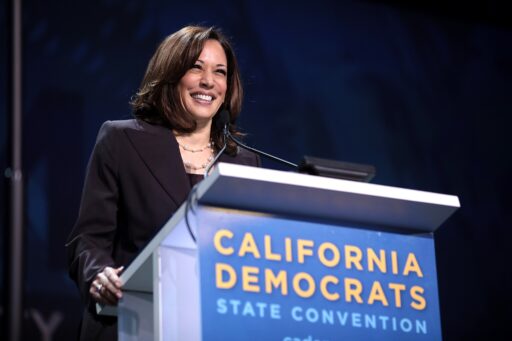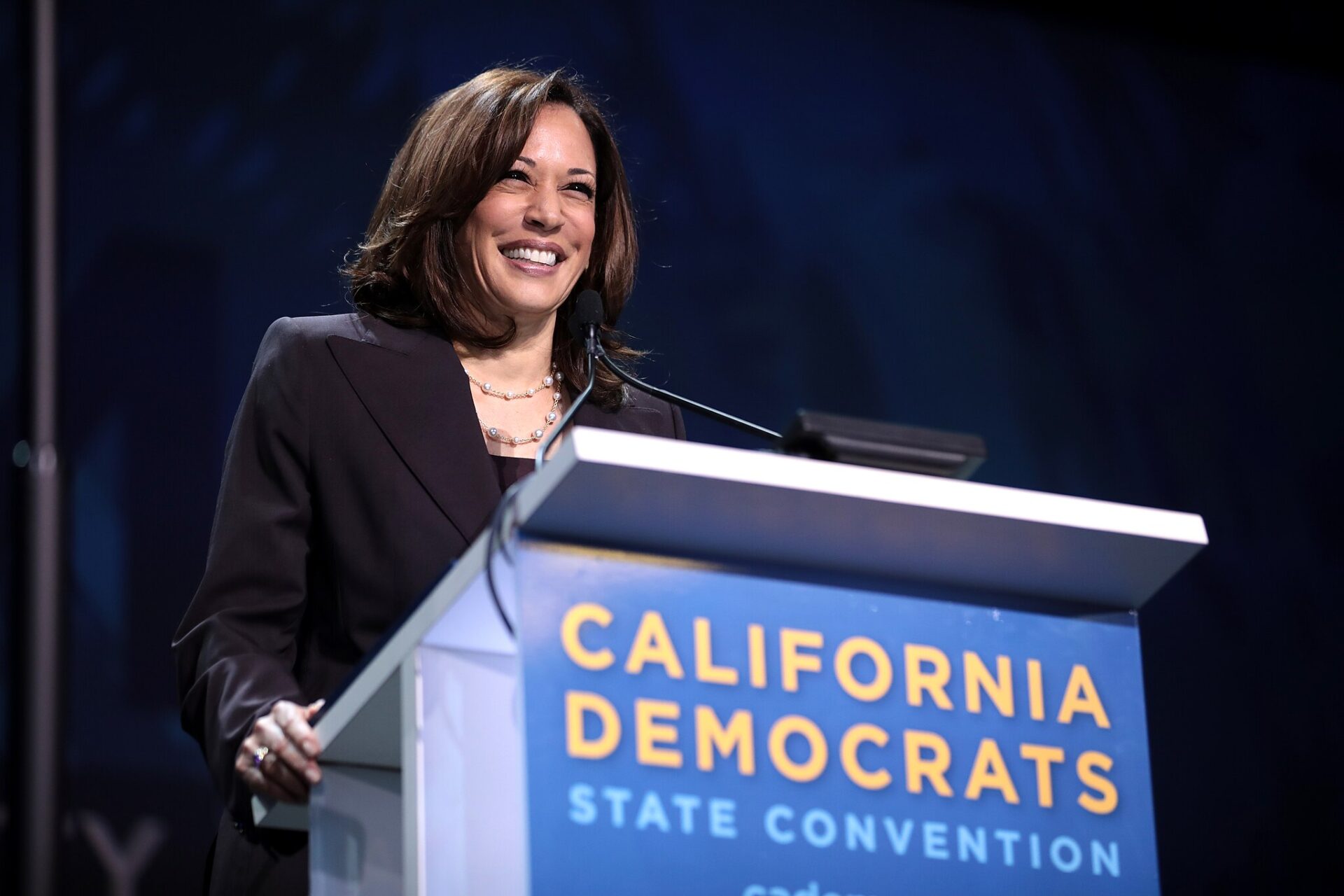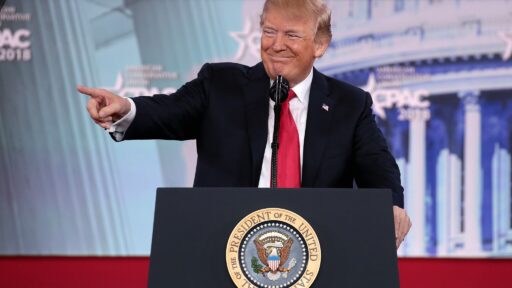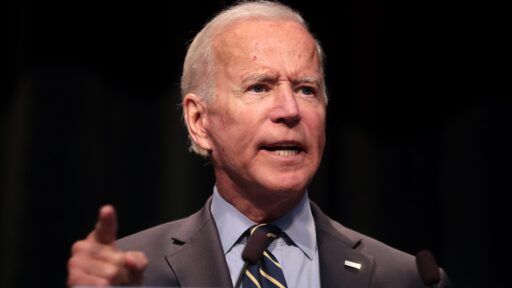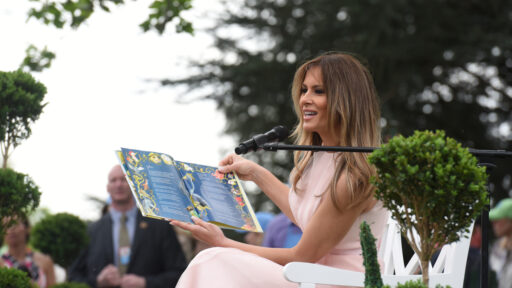How Trump Is Handling The Swing States
In swing states across the nation, Republican activists are expressing growing concern over the campaign strategies being employed by Donald Trump’s team, particularly regarding voter outreach efforts. As the November election rapidly approaches, many grassroots supporters feel that the reliance on outside groups, such as America PAC—backed by billionaire Elon Musk—has left them wanting for more robust action on the ground.
Trump’s campaign, in coordination with the Republican National Committee, has opted to delegate significant get-out-the-vote responsibilities to America PAC and other allied organizations in critical battleground states like Michigan and North Carolina. However, reports from local party officials and activists indicate that they have seen little to no presence from these canvassers, raising questions about the effectiveness of this strategy. With less than 50 days until the election, the urgency of reaching infrequent voters has never been greater.
For instance, Nate Wilkowski, the field director for the Republican Party in Oakland County, Michigan, expressed frustration, noting, “I haven’t seen anybody from America PAC. No one has reached out to inform us of their presence in our areas.” This sentiment resonates with many who believe that direct voter contact is essential for a successful campaign.
Despite the Trump campaign claiming to have around 30,000 volunteer captains working to identify less-engaged voters, local activists have reported a scarcity of visible outreach. The campaign has enlisted nearly 2,500 paid canvassers, with a significant portion provided by America PAC. Yet, many grassroots Republicans remain skeptical about the effectiveness and visibility of these efforts.
Michigan is particularly crucial for Trump, as he lost the state by fewer than 160,000 votes in 2020. In this context, ensuring voter turnout is paramount. The state’s Republican chairman, Pete Hoekstra, mentioned that he had been assured of America PAC’s activities, but the lack of tangible evidence has led to doubts among local leaders.
Moreover, with Vice President Kamala Harris’ campaign ramping up its ground game with nearly 2,200 staffers in competitive states, the pressure is on for Trump’s team to step up its efforts. Harris’ campaign has significantly outspent Trump’s on advertising, further complicating the race dynamics.
The decision to rely heavily on outside groups for ground efforts stems from a recent FEC ruling allowing coordination between campaigns and super PACs. This has opened the door for campaigns to share resources but raises concerns about the potential pitfalls of outsourcing critical outreach functions.
As history shows, delegating vital campaign responsibilities to external groups can lead to issues, as seen in previous campaigns by figures like Jeb Bush and Ron DeSantis. The stakes are high, and as the election draws near, the need for a unified and aggressive approach to voter outreach will be essential for Trump’s success. Republican activists are urging a reevaluation of these strategies to ensure that every voter is engaged and mobilized as we head into this critical election.


